KEDGE graduate Malick NDIAYE appointed Minister in the...
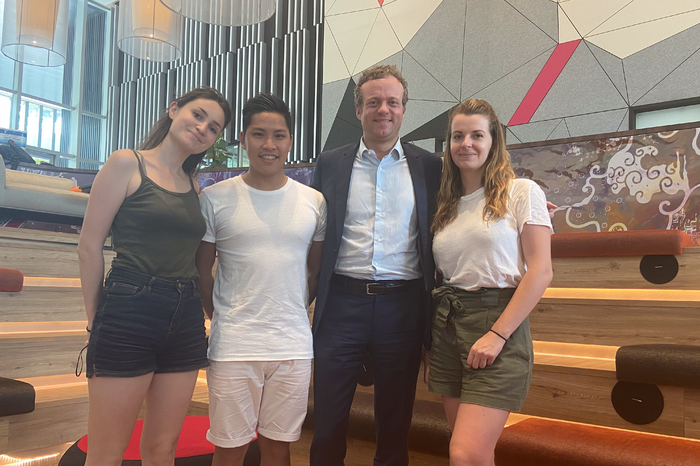
Edouard, a Kedger living in Singapore
The "KEDGE Alumni Travel" Pro-Act of Asia students are currently in Singapore, where they have gone to meet our expatriate Alumni
- CLASS OF: 2001
- POSITION: Sales Director Fine Fragrance Asia
- COMPANY: FIRMENICH
- LENGTH OF TIME ABROAD: 2 ½ years
INTERVIEW:
Please say a few words about yourself.
My name is Edouard Clère. I’m 42 years on, originally from Alsace, and I’ve been living in Singapore for a little more than two years. I did a prep class in Lyon before I started at the Business School of Bordeaux in 1997, and I got my degree in 2001.
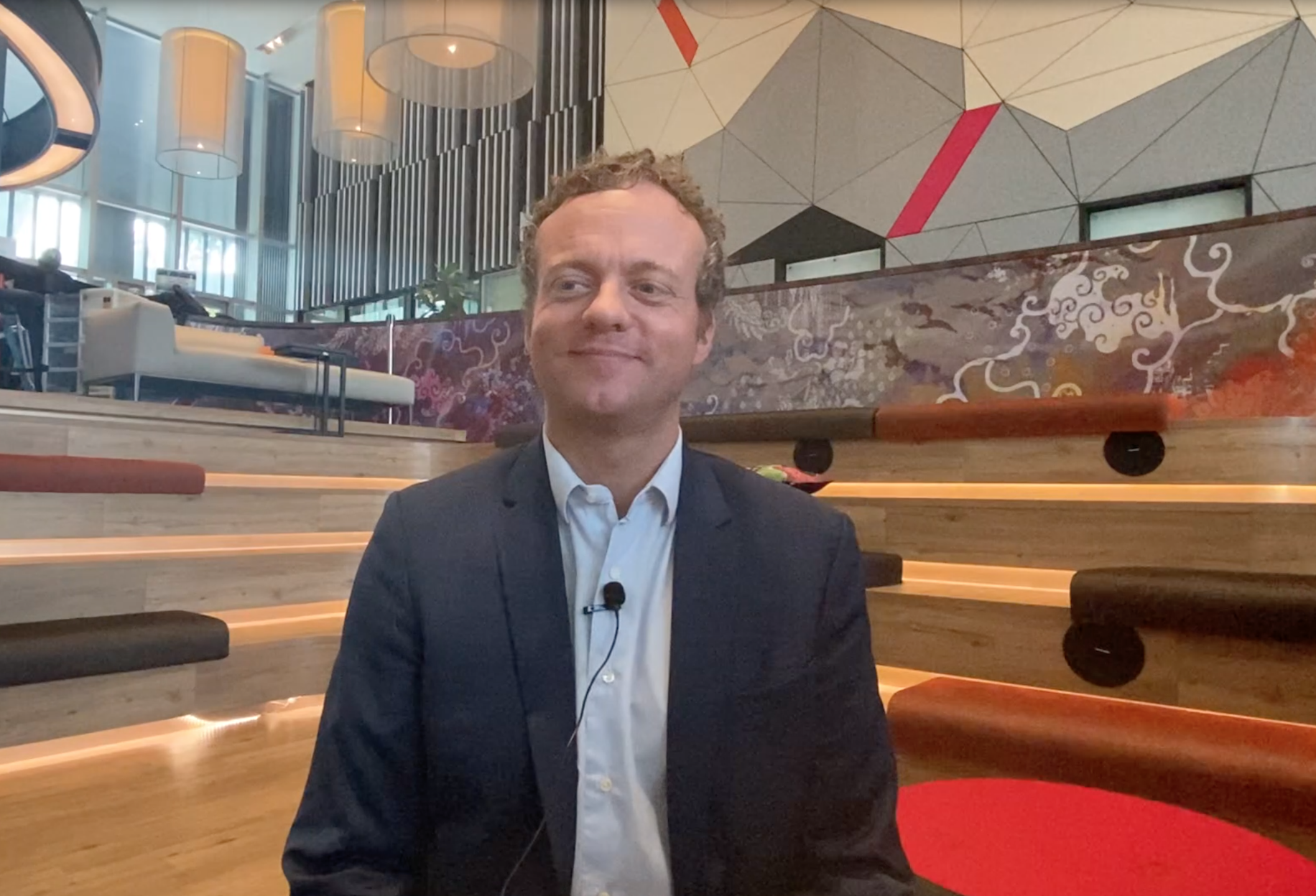
What is your current position?
Currently, I’m a Sales Director at Suisse Firmenich, a perfume creation house, so I handle sales. That’s to say that I sell perfume creations to brands, but I’m also in charge of the business development side. Perfume sales are basically for all the local brands throughout Asia, so I handle them all except China, which is an entire market altogether (autonomous business unit). By working throughout Southeast Asia, I had the chance to travel a lot because most of my clients are located outside Singapore. That represents some 40 trips per year, mainly in Kuala Lumpur, Malaysia (day trip), Vietnam (2-3 days), Philippines, Indonesia and Thailand (3-4 days), and finally Japan and North Korea (a dozen days).
What are the major differences compared to France as a business developer, such as different methods, or the level of negotiations?
As to me, I’ve been working in sales for 20 years in different sectors such as chocolate, music, cigars, champagne, recruiting, technologies for start-ups, and now in perfume. I see three questions that can answer this question. Are sales the same in terms of method? Does that depend on the product? And finally, does the international dimension have an impact?
I think there are a number of common points in regard to sales techniques, but also regarding the phases and steps in a negotiation. As regards to the cultural dimension, that can impact the duration of the transformation for example, in the function of the type of sales: one-off sales, medium, or long term.
What’s more, you have to consider each culture as being very distinct. Indeed, Asia is a mosaic of cultures and diversities where it is necessary to adapt and understand the histories and sensitivities. Accordingly, when selling in Asia, you have to take care of how you communicate and adapt your speech to the different people you are interacting with.
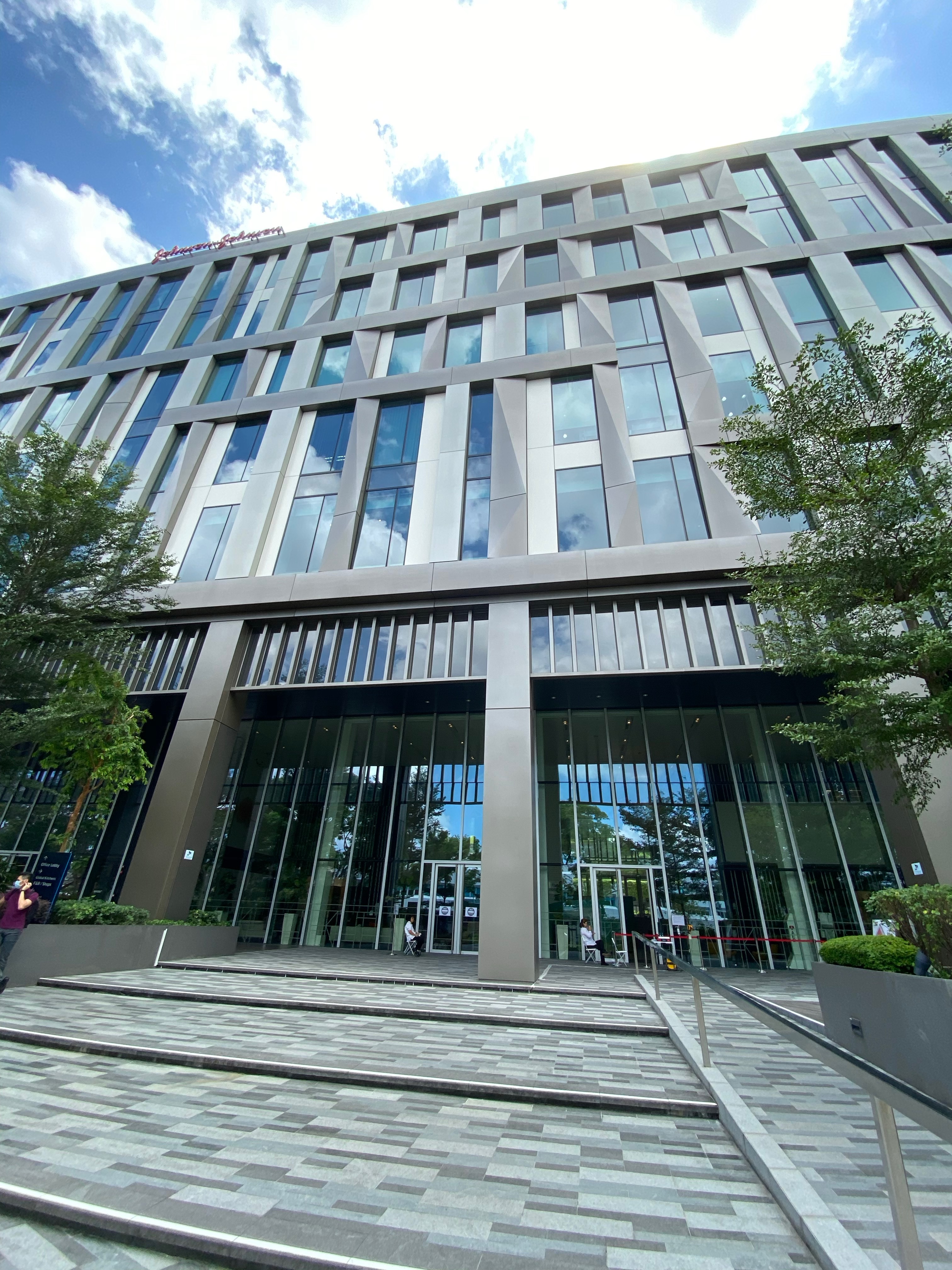
What was your curriculum at KEDGE and how did that help you decide on your professional career?
I was one of those people who didn’t know what they want to do. So, I did a process of elimination by asking myself what I didn’t want to do so I wouldn’t be disappointed. I chose to go to a business school because I found that having a rather generalist curriculum let me have a somewhat global vision of the business world. As I had held some promising sales internships, and was comfortable with business development, it was natural for me to decide to specialise in sales marketing because I found it inseparable and very lucrative. The sales sector is focused on relationships, communication, and speaking to prospects, and, at the same time, marketing supports sales by providing rationale, tools, and presentations that will give more impact to salespeople while helping them in their customer strategy.
Having been in sales for over 20 years and in different sectors, I have learned that it is quite simple to move from one to another. In fact, whether it be in B2B or B2C, you can learn sectors and products; you just need to be motivated, curious, have an adaptable personality, and have good interpersonal and sales skills. As for myself, the common thread has been sales, but with products luxury sector, I find it easier to sell products that speak to me and that I am passionate about.
There are different stages when you take or change jobs. The first year is the most difficult because you have to discover and learn both the product and the company, and you potentially have to build everything if it is a created position. The second year lets you grow in the company and when your work starts to bear fruit. And the third year can resemble a comfort zone since you have built up your customer portfolio and are well assimilated into the company. After the third year, you may decide to change either the sector or your function if you find you’ve lost your motivation to challenge yourself. As to me, it’s I often after decide to challenge myself again after three years.
We see that you are engaged in several humanitarian projects, one of which is since September, in Indonesia. Would you tell us about it?
I find that fulfilment is found not only in your work, but also in your extra-professional activities: be something you are passionate about, sports, or voluntary commitments. I’ve always enjoyed myself by giving my time, and have been able to contribute to humanitarian causes. I first started with the Semeurs d’espérance (Sowers of Hope) in Paris in order to help the homeless in the streets. Then I did sleight of hand and magic shows with Magiciens du monde (Magicians of the World) in hospitals for handicapped children and in retirement homes. Similarly, after working in recruitment, I joined the Club Emploi Cadres St Vincent (St Vincent Executive Job Club) and, for seven years, I was a volunteer coach for young executives looking for work, as these searches can be difficult and painful when you are on your own. I myself, before I was recruited to my current position, had the chance to be coached by one of its members. In my opinion, it's the cycle of life to render services and that we give back. We are made to help each other.
This year, I decided to help orphanages for underprivileged children in Indonesia. The first one is on the island of Batam, an hour's boat ride from Singapore, and is for children under the age of 13. There are about 100 children there, and only two nuns to take care of them. So, my role is to act as a link between the island, where slums still exist, and Singapore, where there’s a lot of wealth and resources. I try to raise funds to improve access to water, send families to look after the children, and have fun with them because the two sisters cannot look after them by themselves. Also, the children depend only on donations for food, so we must improve their diet, as well as find clothes and send doctors and dentists to the island. The second home is on the island of Bintan. It welcomes older children (13 to 18 years old) who are more autonomous. There are also fewer of them (about thirty). In addition, they have two volunteers from the Foreign Missions of Paris (the MEP). But there are still problems related to access to drinking water. For example, household get drinking water delivered every day, which is extremely expensive. Finally, I play a coordinating role in these missions. I realise that many people are willing to give their time - they just need to be motivated to make things move forward.
Why did you come to Singapore and how did you assimilate?
I started at Firmenich Paris in February 2014 and was responsible for the Central/Eastern Europe & Africa zone. I got the chance to join the Singapore offices after someone left to work for the competition and an empty position in the Asian sector, which could not remain without a Sales Director. So, jumped at it. Additionally, in my former work, I knew the Africa and Eastern Europe markets, and I was personally mobile quickly and internationally.
So, I moved to Singapore in the summer with a 3- to 5-year contract. Everything moves extremely quickly here. I feel like I arrived yesterday, which is mainly due to my very busy schedule, the frequent traveling, the absence of seasons (28 degrees all year round), and my sports activities and associative commitments.
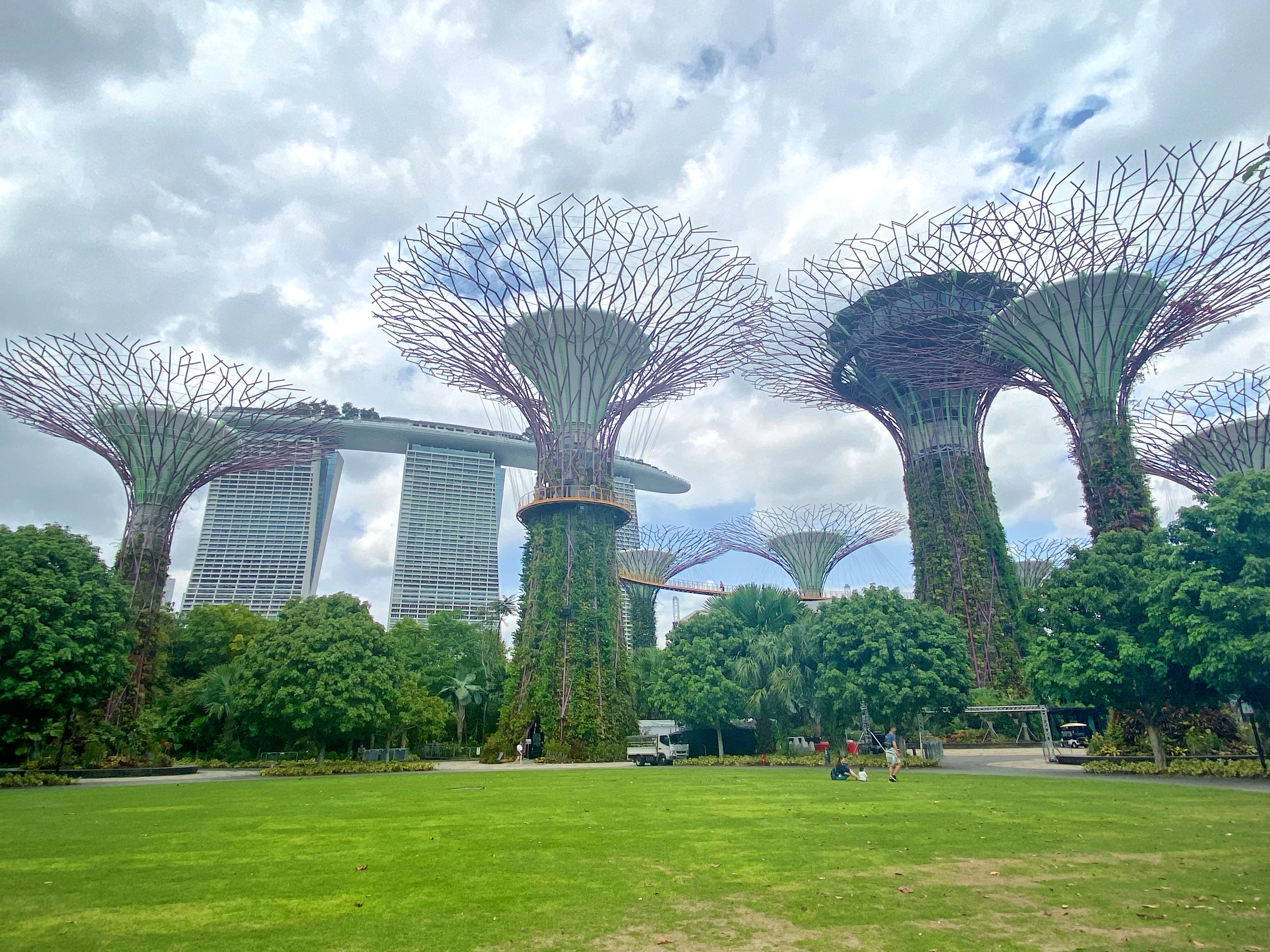
What surprised you when you got to Singapore and what do you like most here?
Singapore is considered to be the Switzerland of Asia: the cost of living is rather expensive, it's clean, safe, and green. It's a city-island-state and a cocoon at the same time. What is astounding is the honesty of the people; theft is very rare and lost objects are very often found. Singapore is not a democracy or even a dictatorship, I would say it is a bit like a 'démocrature' (democracy + autocracy). There are a lot of controls and cameras, there’s still the death penalty, corporal abuse, etc. This strict side is reassuring; however, everyone here is quite conservative and conditioned, perhaps too much. Sometimes they make me think of robots! But foreigners have a lot of freedom, so I would say that the compromise is not unpleasant. It's also quite advantageous for families because it's easier to get home help than it is in France. This quality of life is not insignificant and a return to reality is difficult to imagine. I think that living here would be enjoyable for about three to five years, but you can miss a lot of French things, such as the culture, gastronomy, architecture, diversity, space, refinement... all the French heritage, which are very rich.
Singapore is a lot like Dubai because 50 years ago there was nothing, so everything is recent and new. However, this city works very well and has a robust economy. It attracts many foreign companies that want to expand in Asia. Its only weak point is that it is very dependent on the outside world since it produces nothing because it has very little land.
What would you like to say to graduates and future graduates who would like to move to Singapore?
If you have an opportunity to move to Singapore, grab it. You have to keep in mind that the cost of living is pretty high. Singapore is one of the most expensive cities in the world. Health and education are also onerous even though the cost of food is reasonably affordable. But I think that if you have the opportunity to come to Singapore, or anywhere abroad, don’t hesitate!
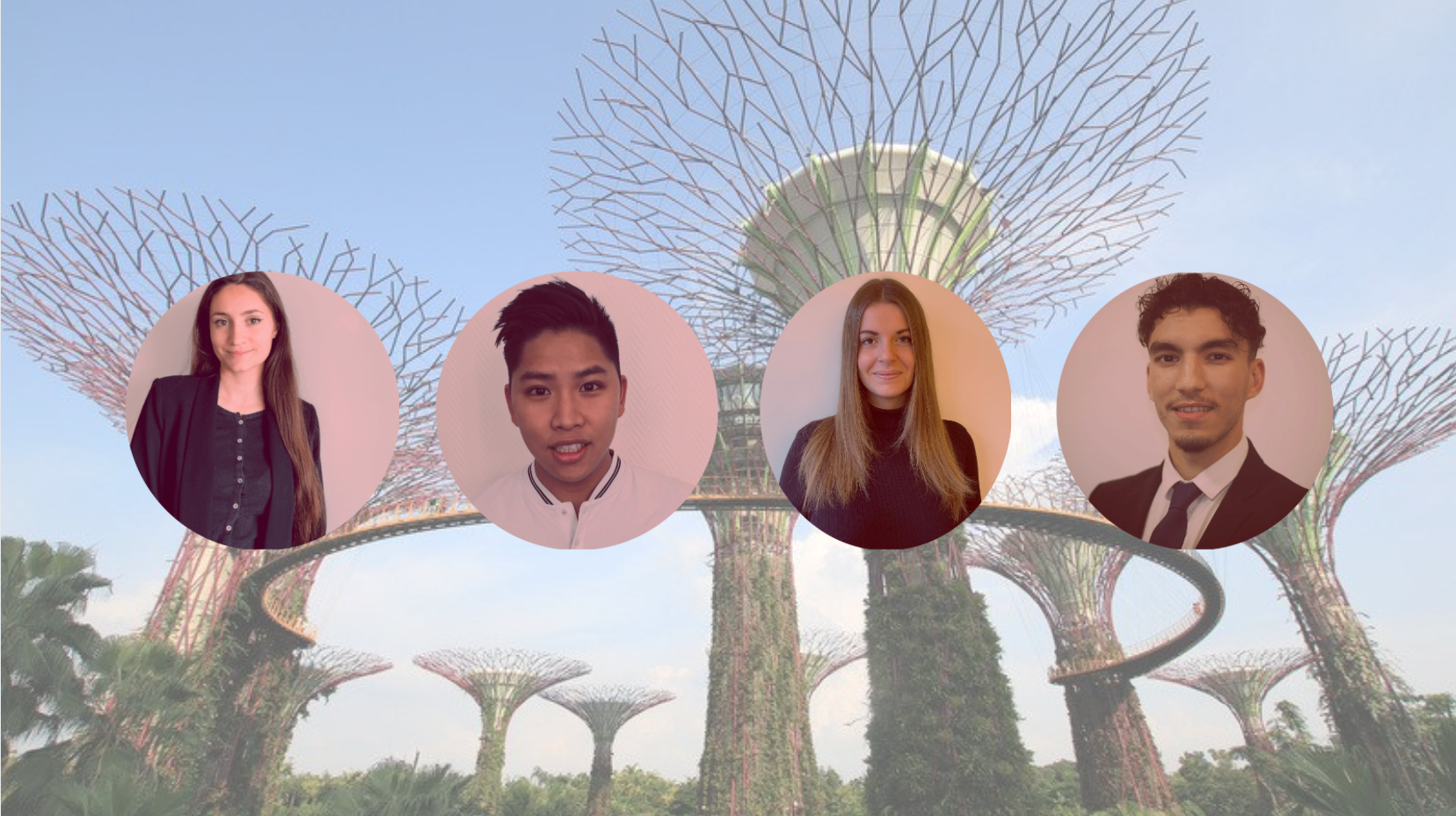
Interview conducted in Singapore by Clémence, Stivell, Estelle, and Adel, students with the KEDGE Alumni Travel of Asia Pro-Act.
FIND OUT MORE ABOUT THE KAT PROJECT
FOLLOW THEIR ADVENTURES ON FACEBOOK
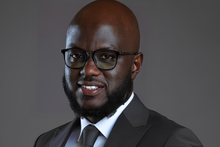
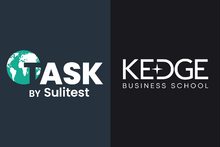
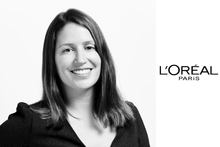

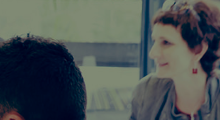

0 Comment
You must be logged in to leave a comment.
No comment